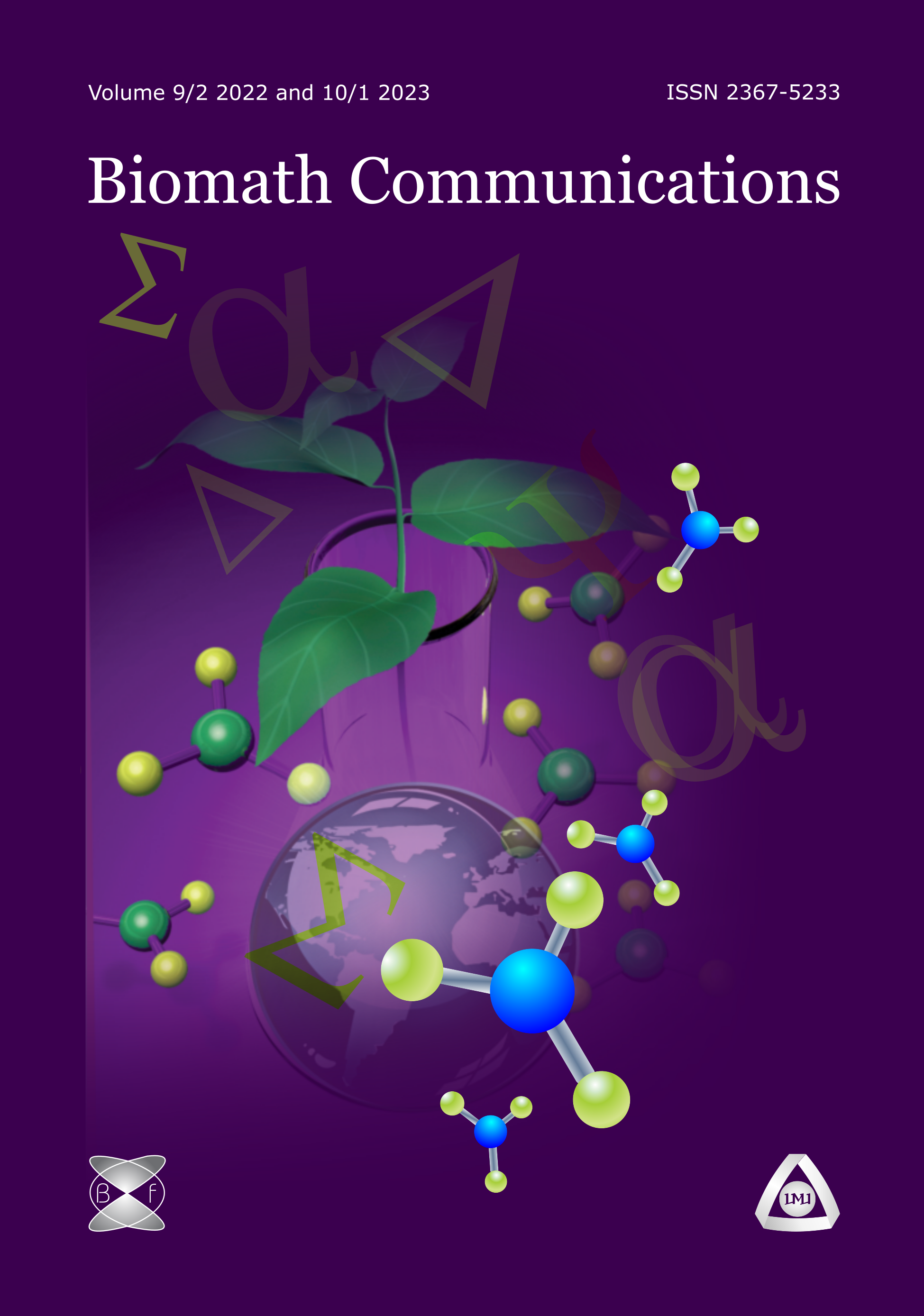Comparative Evolution of four Scoring Functions with Three Models of Delta Opioid Receptor Using Molecular Docking
DOI:
https://doi.org/10.11145/291Abstract
The present study was performed in order to find the most appropriate scoring functions and the model for docking of enkephalin analogues with delta-opioid receptor (DOR) that correlated well with the results obtained from in vitro tests.
The capabilities of the four scoring functions embedded in GOLD were explored with three different models of DOR: a theoretical model published in ePDB (id: 1ozc), a model obtained by as with homology modeling, and a crystal structure of DOR published in PDB (id: 4ej4). Eleven enkephalin analogues were consistently docked with each of the models with each of the four scoring function.
The analysis of the obtained results shows that after the docking with our modeled DOR values of scoring functions correlate with the data from in vitro tests at the highest degree. Furthermore, the use of the scoring functions ASP (Astex Statistical Potential) and GoldScore enable more precise docking of the test ligands as correlation coefficients were....
Downloads
Published
Issue
Section
License
The journal Biomath Communications is an open access journal. All published articles are immeditely available online and the respective DOI link activated. All articles can be access for free and no reader registration of any sort is required. No fees are charged to authors for article submission or processing. Online publications are funded through volunteer work, donations and grants.
Authors who publish with this journal agree to the following terms:
- Authors retain copyright and grant the journal right of first publication with the work simultaneously licensed under a Creative Commons Attribution License 4.0 that allows others to share the work with an acknowledgement of the work's authorship and initial publication in this journal.
- Authors are able to enter into separate, additional contractual arrangements for the non-exclusive distribution of the journal's published version of the work (e.g., post it to an institutional repository or publish it in a book), with an acknowledgement of its initial publication in this journal.
- Authors are permitted and encouraged to post their work online (e.g., in institutional repositories or on their website) prior to and during the submission process, as it can lead to productive exchanges, as well as earlier and greater citation of published work (See The Effect of Open Access).

